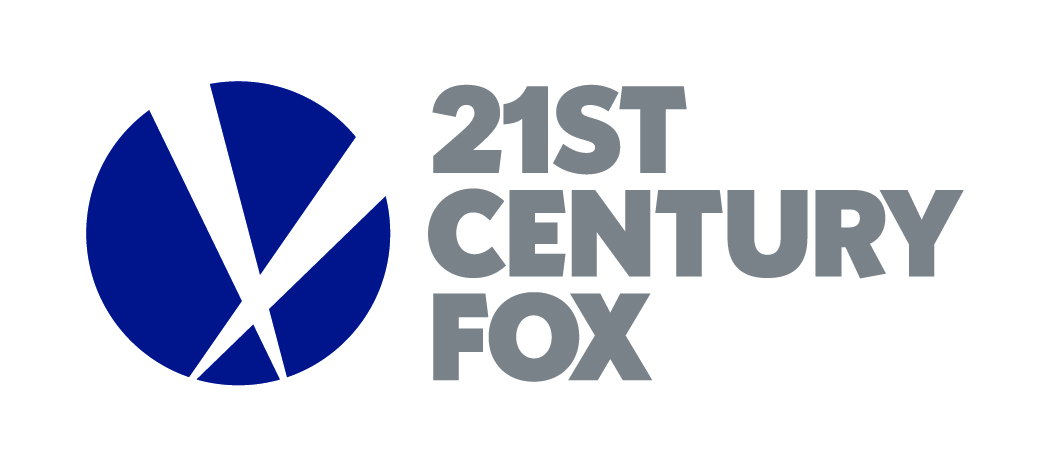Finalists Announced for 'Hacking Mars' STEM Design Contest from Fox and Microsoft

21st Century Fox Social Impact
Microsoft has announced the three finalists for the Hacking Mars Design Challenge, a unique online science and technology competition developed exclusively around the new Fox film The Martian. Teams consisting of students, academics, and professionals designed projects to aid the film's lead character Mark Watney (Matt Damon) while he is stranded alone on Mars. Of these three finalists, one winning team will collect a $25,000 grand prize and travel to Microsoft to experience the company's groundbreaking HoloLens technology.
"We're really excited about this wave of storytelling in film [and] in literature that's talking about space travel and reigniting a lot of passion for the stars," said Matt Marshall, a creative technologist and video game designer from Vancouver who led one of the finalist teams. "We want to be a part of that."
The Hacking Mars Design Challenge was inspired by 20th Century Fox's fall film The Martian, directed by Ridley Scott and adapted from Andy Weir's novel of the same name. The film follows Watney as he finds himself stranded on Mars alone after a botched mission. With limited supplies, he must find a way to survive and signal Earth that he is still alive.
The contest invited teams to research and submit a three to five minute video about a produce, service, app, or game that would address one of three challenges: helping Watney stay alive (grow food, filter air, produce water), pass the time (keep hope alive, deal with isolation and stress), and get home (communicate with Earth).
Marshall's team took on the Stay Alive challenge and developed a detailed plan for a new Modular Sensor system to monitor radiation, temperature, atmospheric pressure, oxygen, moisture, and carbon dioxide in the Mars station that Watney inhabits, allowing him to better manage his crops, track problems, and make repairs.
Keshia Godin of OCAD University led a team of inclusive designers to create what they call the Environment Cocoon, which uses hologram projection to create familiar experiences from Watney's life on Earth, such as gathering with his family at home or walking through his local park. The final team designed a new technology for Watney to contact his loved ones, called NOVA Cards, which capture an image and haptic recordings of his heartbeat.
Of these three finalists, Microsoft will select one grand prize winner, awarding them $25,000 and a trip to Microsoft in Redmond, Washington, to experience the company's new HoloLens technology, which enables high-definition holograms to come to life in the real world, seamlessly integrating with physical spaces. Microsoft is currently teaming with NASA's Jet Propulsion Laboratory to use HoloLens to provide virtual aid to astronauts working on the International Space Station.

